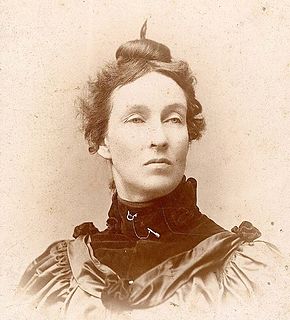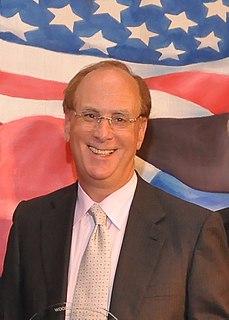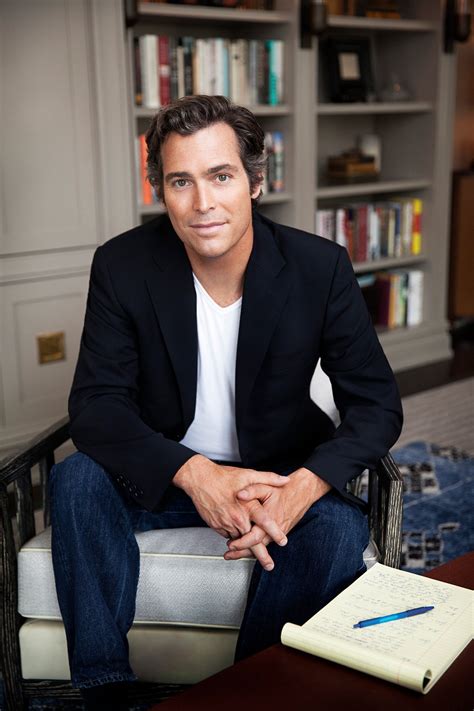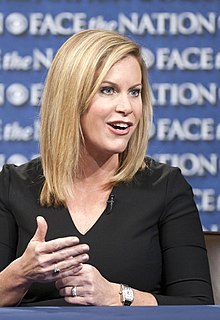A Quote by Graydon Carter
After the collapse of Wall Street in the 1920s, the culture stopped being all about money, and the country survived and ultimately flourished.
Related Quotes
Wall Street owns the country. It is no longer a government of the people, for the people and by the people, but a government for Wall Street, by Wall Street, and for Wall Street. The great common people of this country are slaves, and monopoly is the master…Let the bloodhounds of money who have dogged us thus far beware.
I heard governor Romney here called me an economic lightweight because I wasn't a Wall Street financier like he was. Do you really believe this country wants to elect a Wall Street financier as the president of the United States? Do you think that's the experience that we need? Someone who's going to take and look after as he did his friends on Wall Street and bail them out at the expense of Main Street America.
Once again, the puppets on Capitol Hill are about to slam the Muppets on Main Street. The country still hasn't recovered from the Wall Street-induced financial cataclysm of 2008, yet Congress is preparing to enact the Orwellian 'JOBS Act' - a bill that should in fact be called the 'Return Fraud to Wall Street in One Easy Step Act.'
I think the money for the solutions for global poverty is on Wall Street. Wall Street allocates capital. And we need to get capital to the ideas that are successful, whether it's microfinance, whether it's through financial literacy programs, Wall Street can be the engine that makes capital get to the people who need it.































